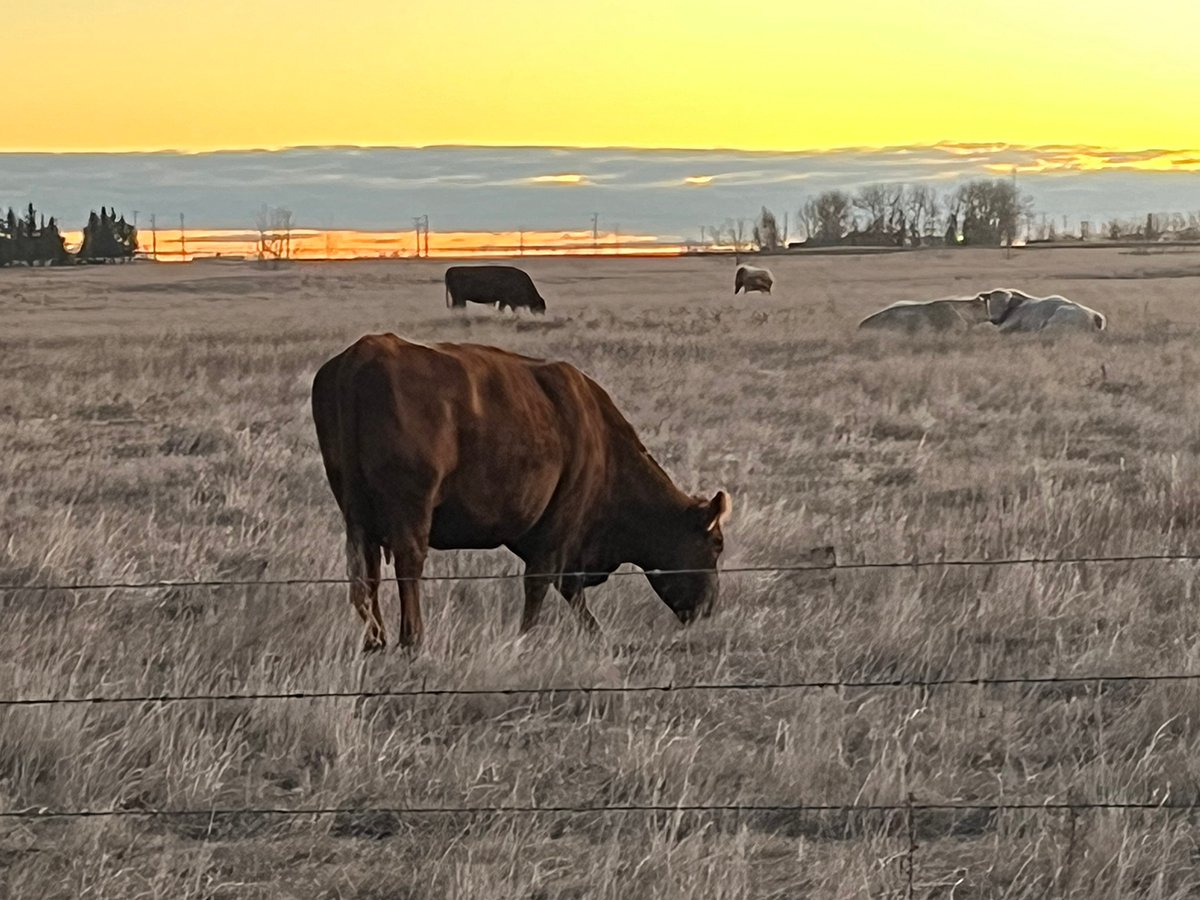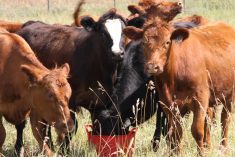Better than expected prices for feeder calves and slaughter cattle have rocked the markets for the last two weeks.
Market watchers predicted a poor fall run with prices below 70 cents a pound in the weeks following May 20 when international borders closed to Canadian cattle due to a single case of bovine spongiform encephalopathy.
That has not been the case and bidders have offered as much as $1.30 per lb. for 500 lb. feeder calves, comparable to last year’s favourable markets.
A number of reasons have been provided for better prices, however some find the situation inexplicable.
Read Also

Animal protection delivery to change in Saskatchewan
The Saskatchewan government is looking for a new agency to handle animal welfare after Animal Protection Services of Saskatchewan decided not to renew its contract next year.
“Prices are higher and I’m not sure why,” said Bill McComb, one of the owners of the Ontario Livestock Exchange.
“We’re still operating with a closed border and that’s the basis that we should be buying these cattle on,” he said.
“We have seen a significant increase in the last two weeks and I’m a little bit lost as to what is going on.”
Some support has come from Americans, who are buying and placing lightweight feeders in Canada hoping the border opens in early 2004.
“Obviously there is some speculation going on and the U.S. buyers are involved, but I can’t tell you how much involvement,” he said.
If the border does not open in the first quarter, some could lose heavily, he said.
Other reasons for the stronger market include restored meat trade with the U.S. and Mexico. As of Oct. 23, U.S. buyers bought 85.798 million lb. while Mexican buyers bought 2.977 million lb. of Canadian beef.
This movement is credited with priming the Canadian market because packers need a steady supply of cattle in the system to supply the North American demand.
Also, there are fewer feeder cattle available because of years of liquidation in both countries. The supply is further shortened because some producers are holding their calves this winter until the market returns to normal, said McComb.
During the third week of October, 69,000 feeders were sold, 28 percent lower than during the same period last year.
Canfax suggested better prices may encourage people to rethink their plans and sell now while prices remain good.
Rumours that the U.S. will open its border for live cattle from Canada by year end strengthened the fed and feeder markets.
Dan Skeels, head auctioneer at Vold, Jones and Vold at Ponoka, Alta., has watched the market shifts since May 20.
While prices for quality feeder steers and heifers are unexpectedly good, cull cows continue to sell poorly because of limited demand.
On Oct. 22, more than 5,400 head went through the Ponoka ring with D1 and D2 cows selling for $18-$26 per hundredweight. Holstein cows brought $5-$18 at the regular Wednesday sale.
Feeders in the 500 lb. range were as high as $127 per cwt. and 600 lb. steers were $116 per cwt. Yearlings of 900 lb. or more topped out at $112.
Skeels is convinced American activity will increase when the U.S. allows live cattle back into the mix.
“When the border opens, the Canadian cattle are going to disappear. There is no doubt in my mind that there will be no cattle left,” he said.
Not everyone has captured these good prices because some were forced to sell cattle earlier when they were desperate for cash or short of feed.
“People who can ride this out are going to be paid very well. The question is how many will be hurt?” Skeels said.















